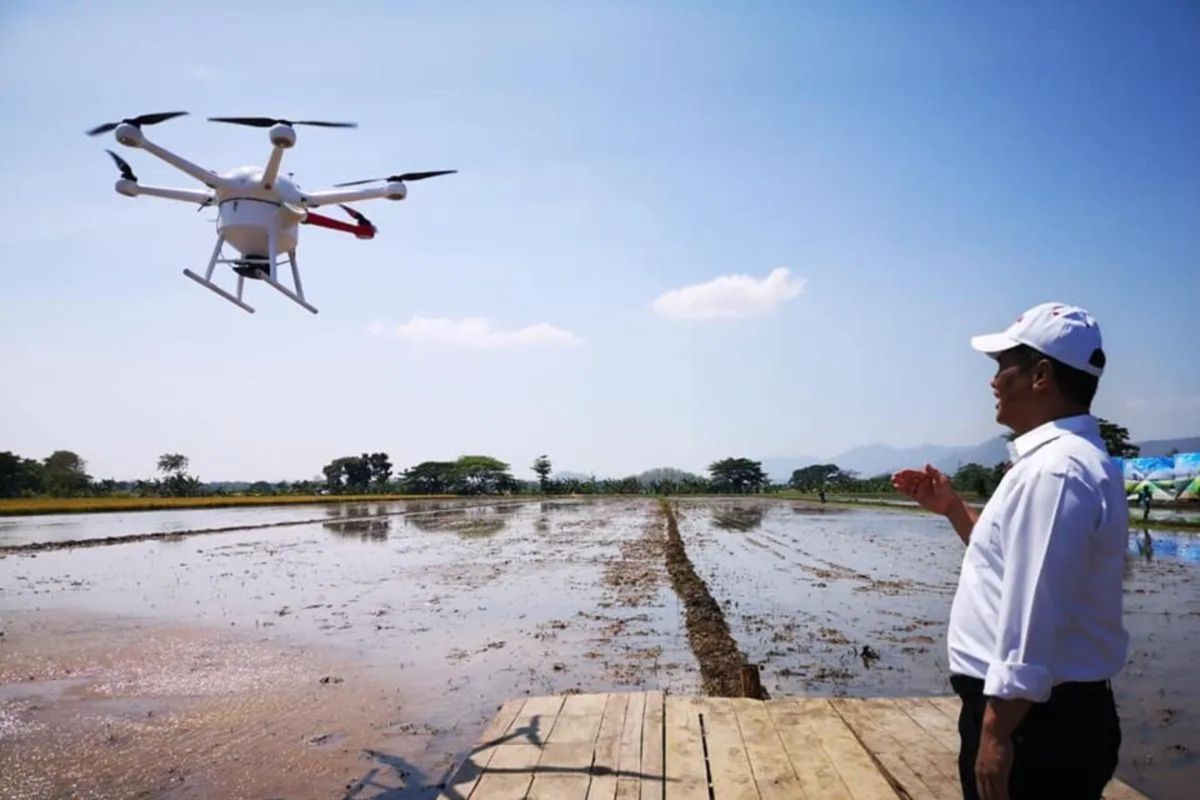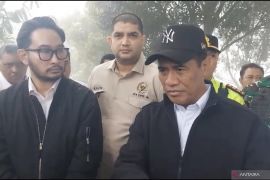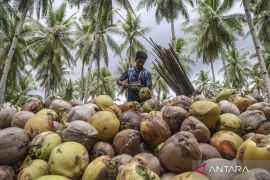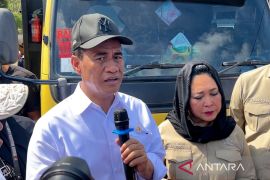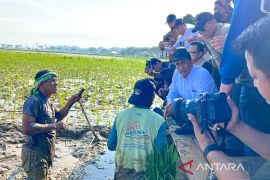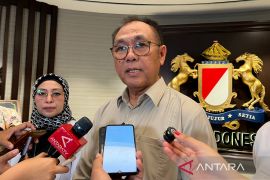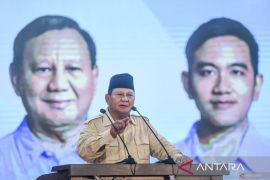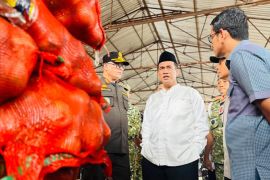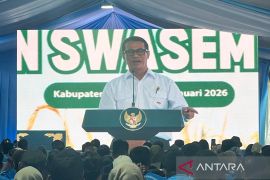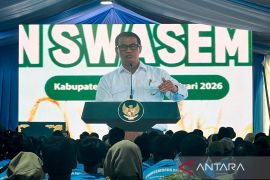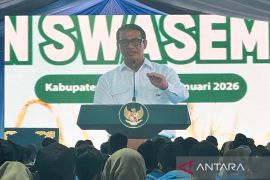However, referring to the BPS data, the agricultural sector in Indonesia is, in general, dominated by the members of Generation X aged 41-56 years.
In future, the younger generation must be able to support the sustainability of the agriculture sector in Indonesia.
One of the strategies adopted by the Ministry of Agriculture to draw the interest of the youth to work in the agriculture sector is carrying out the Millennial Farmer Ambassadors (DPM) Program.
This program, which was initiated in 2019, aims to provide education to the public, especially to members of the younger generation, regarding the benefits of agriculture as well as highlight the importance of this sector in supporting the sustainability of a country.
So far, it is recorded that the ministry inaugurated 2,213 ambassadors and 9,154 millennial farmers to convey the message that the younger generation is needed to accelerate development through innovation as well as expand market access through agricultural modernization and digitalization.
Sandi Octa Susila, born on October 13, 1992, in Cianjur, West Java, has a high commitment to advancing the agricultural sector in Indonesia.
Susila has currently been assigned by the Ministry of Agriculture as Chair of the Millennial Farmer Ambassadors.
In accordance with the aim behind the formation of this group, Susila continues to educate members of the younger generation to encourage them to farm by proving his success in the agricultural sector.
Through hard work, he has now succeeded in empowering 385 farmers around his area, 60 of whom are young farmers.
He has been mulling over the inclination to advance the agricultural sector since 2014. At that time, he harbored concerns about the crops of farmers in his area that were sometimes sold at inappropriate prices or even not sold in the market.
With the knowledge in cultivation and horticulture that he gained at the university, he tried new methods, so that harvests could bring greater profits to the farmers.
At first, he utilized digitalization by helping farmers in his neighborhood sell their harvest results through an online marketplace.
He took photos and edited them and thereafter posted and provided descriptions of the benefits of the food products, so they could be sold more quickly.
With passage of time, the demand from consumers continued to increase, and he needed to rack his brain to meet the demand.
He then took the step of seeking other food suppliers outside his city to meet the demand.
Susila’s profits were increasing, and he was also trusted by state plantation firm PTPN VIII to manage a land, so that it could provide benefits to the surrounding community.
Thus, from earlier depending on other people’s harvests, he can now meet the demand of his consumers with the results of harvests in the land that he manages singlehandedly.
Smart farming
Susila affirmed that the strategy he applies in educating the public, especially the younger generation, is introducing the concept of agriculture modernization.
He pointed out that the younger generation is currently often exposed to practical aspects, so the use of technology in the agricultural sector will draw much of their interest in farming.
“Regarding millennial farmers, they are actually enthusiastic about technology,” he told ANTARA.
To this end, he transformed some of the land that he managed by using the concept of smart farming.
The application of the concept made young people around the area curious about the agricultural sector, so they are keen to learn and join in managing the land.
Several university students also visited the land to use it as a sample in learning about the implementation of smart farming.
He stated that most of them were happy to work as farmers since the land management mechanism is no longer the same as in the past, which is considered quite tiring.
With the help of technology, it is easier for young people in his area to manage watering, as it is already scheduled through a smart system.
The monitoring of plants is also more efficient, as it utilizes monitors and cameras, thereby causing the harvest results to be more optimal.
Along with Susila, young farmers learn about the management of planting food crops by prioritizing the concept of modernization, such as environmental modifications that regulate humidity, temperature, and pesticide concentrations so as not to pollute the environment as well as mixing nutrients to optimize harvest results.
Recently, Susila and millennial farmers in his area also tested the use of drones to monitor crops, sow seeds, water plants, spray pesticides, and monitor soil conditions.
He affirmed that since implementing smart farming, the results he obtained had increased by up to twofold as compared to the land that still used conventional systems.
He stated that the profits he obtained also seemed to bring optimism to young farmers keen on working in the agriculture sector.
Hence, it is hoped that the implementation of smart farming would eliminate the negative stigma in the community, especially among members of the younger generation, who still think that being a farmer is a dirty, old, and unprofitable job.
Related news: Smart agriculture to solve El Niño food security challenges
Related news: Minister supports smart farming program for millennial farmers
Related news: BNPT offers smart farms to boost welfare of deradicalization partners
Translator: Ahmad Muzdaffar, Raka Adji
Editor: Azis Kurmala
Copyright © ANTARA 2024
